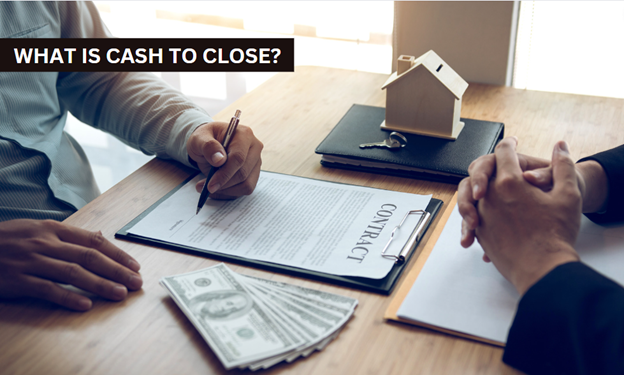 Buying a house is one of the most significant financial decisions in one’s life, and it’s essential to make smart choices to save money during the process. While purchasing a home can be expensive, there are several strategies you can implement to maximize your savings and make the most of your investment.
Buying a house is one of the most significant financial decisions in one’s life, and it’s essential to make smart choices to save money during the process. While purchasing a home can be expensive, there are several strategies you can implement to maximize your savings and make the most of your investment.
Here are some valuable tips on how to save as much money as possible when buying a house:
Research and Compare Mortgage Options:
When considering a mortgage, do thorough research to find the best interest rates and terms available. Compare offers from multiple lenders and don’t be afraid to negotiate. Even a small reduction in interest rates can lead to significant savings over the life of the loan.
Save for a Higher Down Payment:
Saving for a higher down payment can reduce the overall cost of your mortgage and decrease the amount of interest paid in the long run. Aim to save at least 20% of the property’s value to avoid private mortgage insurance (PMI) costs, which can add thousands of dollars to your expenses.
Shop Around for a Home:
Don’t rush into buying the first house you see. Take your time and explore different neighborhoods and properties. Being patient and persistent may lead to finding a better deal or a motivated seller willing to negotiate a lower price.
Consider Fixer-Uppers:
Homes in need of renovation often come with a lower price tag. If you’re willing to invest some time and effort, buying a fixer-upper can save you money upfront and provide an opportunity to increase the home’s value over time.
Work with a Skilled Realtor:
Enlisting the help of a skilled real estate agent can save you both time and money. Realtors have extensive knowledge of the local market and can negotiate on your behalf, potentially leading to a better deal.
Get a Home Inspection:
Never skip a home inspection. Hiring a professional to assess the property’s condition can identify potential issues and prevent costly surprises down the road. It gives you the leverage to negotiate repairs or a lower price if problems are found.
Shop for Homeowner’s Insurance:
When purchasing a house, you’ll need homeowner’s insurance. Shop around and compare rates from different insurers to secure the best coverage at the most affordable price.
Be Mindful of Closing Costs:
Closing costs can add up quickly, so be sure to ask for a detailed breakdown of all fees involved. Some lenders might be willing to negotiate or offer incentives to reduce these expenses.
Consider Energy-Efficient Homes:
Opt for an energy-efficient home or make energy-saving upgrades if possible. Lower utility bills will save you money in the long run and contribute to a more environmentally friendly lifestyle.
Evaluate Tax Benefits:
Educate yourself on potential tax benefits related to homeownership, such as mortgage interest deductions and property tax deductions. Consult with a tax professional to understand how these benefits apply to your specific situation.
In conclusion, buying a house is a significant investment, and careful planning and research can save you a substantial amount of money. From finding the best mortgage terms and negotiating the purchase price to exploring fixer-uppers and taking advantage of tax benefits, there are numerous opportunities to maximize your savings. With the right approach, you can make the dream of homeownership more affordable and financially rewarding in the long term.
 “Cash to Close” refers to the total amount of money that a homebuyer needs to bring to the closing table to complete the purchase of a property. It includes the down payment, closing costs, and other fees associated with the home purchase.
“Cash to Close” refers to the total amount of money that a homebuyer needs to bring to the closing table to complete the purchase of a property. It includes the down payment, closing costs, and other fees associated with the home purchase.
